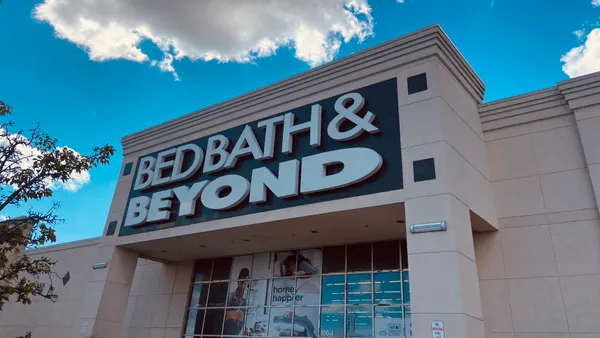Dive Brief:
-
Mercari, a Japanese startup with a mobile flea market app, raised at least $6.5 billion on its first day of trading on the Tokyo Stock Exchange, as the marketplace looks to expand in the U.S. to take on the likes of eBay, Poshmark and Offerup, according to a Wall Street Journal report.
-
The company claims it differentiates from other marketplaces by allowing sellers to remain anonymous, and letting buyers wait until after a purchase has been delivered to them to pay for it, according to the Journal. Mercari takes a cut of each sale.
-
The Mercari app already has been downloaded at least 30 million times by U.S. users since becoming available in the U.S. in 2014, acording to Reuters. Mercari founder and CEO Shintaro Yamada told the news service back in April that the company was intent on growing its presence in the U.S. market.
Dive Insight:
In that Reuters story from a few months ago, Yamada claimed that Mercari had no direct competitors here. A long list of companies may beg to differ — not just eBay and Craigslist, the parties to whom it is most often compared, but also Poshmark, OfferUp, Wish, Varage Sale, Letgo, Dealo and perhaps even a "resale retail" company like ThredUp. And then, there's Amazon, which of course has its own marketplace for independent sellers of used items.
Mercari apparently doesn't feel much competitive heat in Japan, where its app has 60 million downloads and where eBay, for example, is not a major player. It may find bigger challenges in the crowded the U.S. market, though it could be argued that many of the names mentioned above have their own particular market focus —fashion apparel being Poshmark's, for example.
The Reuters report noted the company has hired 100 U.S. employees as part of its push, and with 30 million downloads here already, Mercari has a stronger foundation to build from than many retail sectors apps. Now, thanks to the IPO, it also has deeper pockets to fund its growth. The next thing it will need to get to the next level is some crafty, attention-grabbing and fairly ubiquitous marketing moves that make clear how much different it is than some other apps in the U.S.













